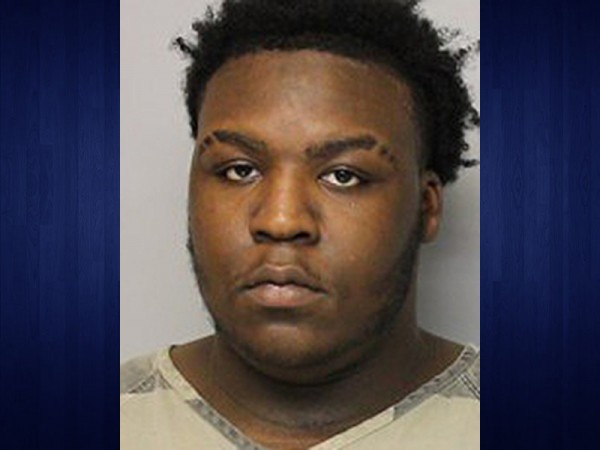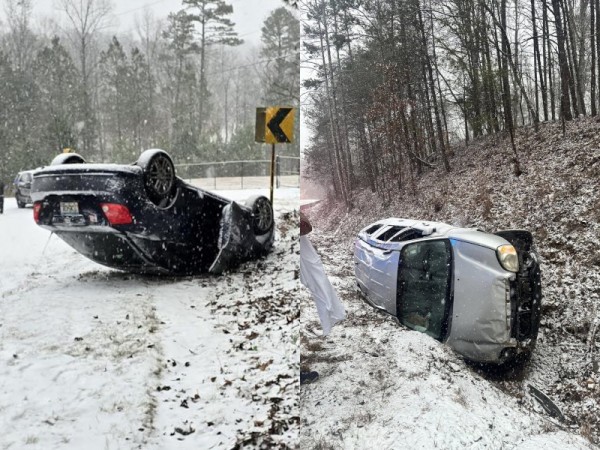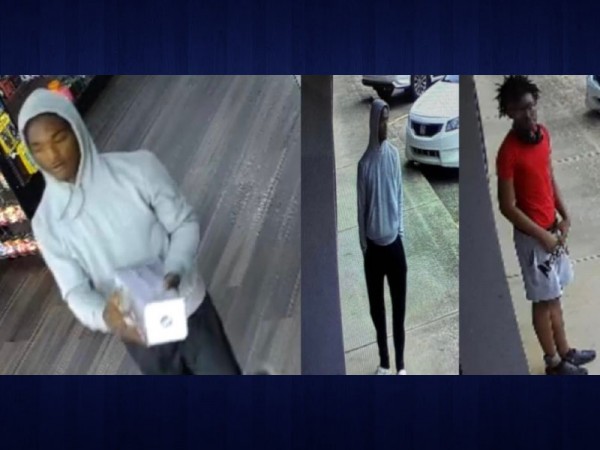What happens to evidence once it is collected by law enforcement? The Gainesville Police Department gave AccessWDUN an inside look at its process, which included burning, keeping and auctioning items, according to officials.
Once evidence is collected from a crime scene, it is handled by a property and evidence custodian. They make sure the items are packaged and stored correctly in the evidence facility.
There are four evidence rooms in the Gainesville Police Department; the office and lockers where all evidence is received, the general storage, the weapons room and the drugs room. A level of security is added to each item depending on its value.
Evidence rooms are kept at room temperature in a negative pressure system, according to Hector Jimenez, a property and evidence custodian with GPD,
“So what it means is that instead of air blowing out and going out underneath the doors and vents, air gets sucked in that room. And by doing that, we preserve the evidence by keeping the humidity way low,” Jimenez said.
Security is key. Only four people have the pins to access the evidence rooms. Once evidence is submitted through a two-way locker system, it cannot be reopened, Property and Evidence Custodian Yadira Osorio said.
“So when we walk away or leave the building, if somebody tries to come in and they don't have a passcode the alarms gonna go off. They have to have that password to lock the room and unlock the room,” Osorio said.
After evidence is collected, the processing time can take anywhere from 24 to 48 hours.
Each piece of evidence is packaged in a specific way to protect its state for investigation. Items could be stored in bubble wrap if it's breakable, sealed when evidence needs to be sent to the Georgia Bureau of Investigation, or packed in paper bags to preserve the integrity of what is being stored.
When evidence is no longer needed, the police department will try to give it back to its original owner, Jimenez said.
“Recently, a man picked up his car after he came out of prison. It was sitting here for 17 years and we couldn't get rid of it because it had an owner. He had not abandoned it, he just could not come pick it up.”
When an owner can not be found, the items are either auctioned off or used by the police department. Contaminated clothing, backpacks and other items are usually scrapped up and destroyed. Drugs in particular are burned.
“It goes into a furnace and it'll get burned at something like 1800 degrees. It's pulverized, goes through a filter system so not much goes up into the atmosphere,” Jimenez said.

















